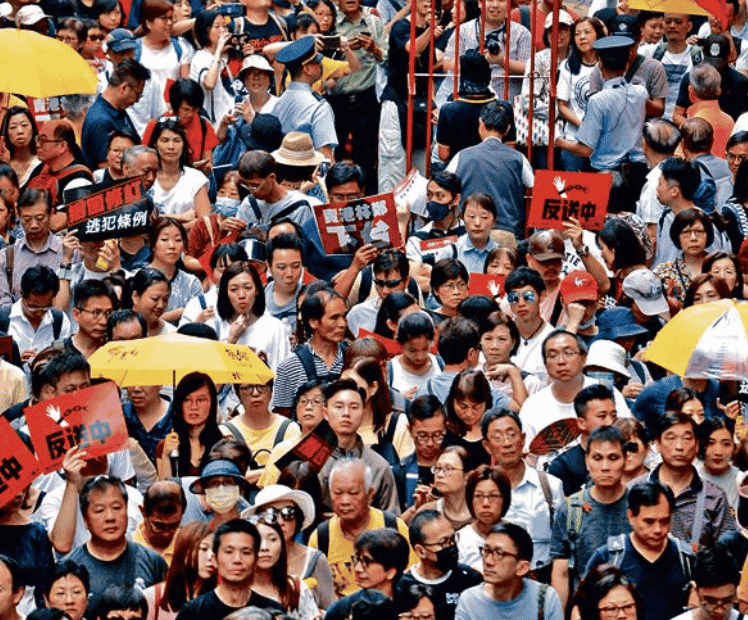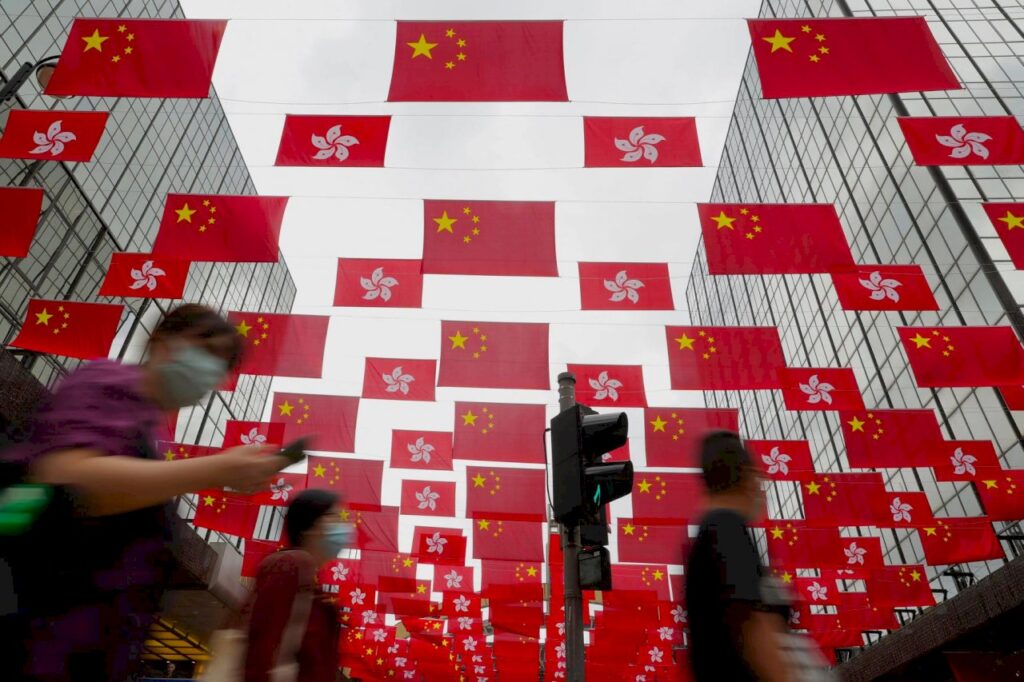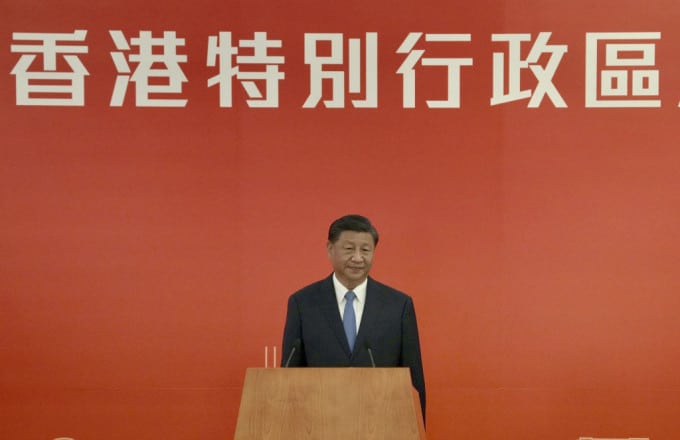Who would have thought that the sudden "Fugitive Offenders Ordinance" would develop into a deadlock that would tear society apart? One side insists on upholding the principle of justice and hopes to bring fugitive offenders to justice; the other side is concerned about the protection of personal safety and does not want to dismantle the firewall between the two places. The bill must be reviewed before the Legislative Council adjourns in July. The government currently has sufficient votes and a firm stance, so there is no doubt that the revised script will enter the countdown stage. However, the public opinion mobilized by petitions, rallies and marches is not easy to resolve, and the social atmosphere is restless. After this incident, the mutual trust between officials and the public needs to be urgently repaired.
The Hong Kong government is unable to explain the doubts
The amendment was triggered by the murder of Hong Kong residents in Taiwan and has been brewing for months, reaching a point where it is imperative. Externally, there were rumors in the early stages of the amendment that China was seeking legal tools to retaliate against foreign businessmen after the Meng Wanzhou incident; internally, reporters mentioned the Xiao Jianhua case at a briefing, and the Ministry of Foreign Affairs’ Hong Kong Office made it clear that the amendment would be passed. , economic criminals hiding in Hong Kong can be extradited. Even if one does not believe that China and the United States are on the brink of war and that capital laundering is shaking the foundation of the country, the fact that Wang Yang and Han Zheng, members of the Standing Committee of the Political Bureau of the CPC Central Committee, spoke out in support later has shown that the chances of starting over are slim.
The SAR government proposed an amendment plan, which opponents viewed as minor revisions, and the gap between the two sides still exists. People have brought up the "capital withdrawal theory" and the "market crash theory", predicting that scaring off foreign investors will drag down the economy and even cause the property market to collapse. Although this is exaggerating fear, the widespread distrust of the mainland's judicial system is extremely real. The "one stop, two checkpoints" system at the West Kowloon High Speed Rail Station has been operating smoothly for three quarters, which should be sufficient to prove that concerns about cross-border law enforcement are exaggerated. However, the facts do not necessarily show that the citizens who initially opposed it have changed their minds. The level of rule of law in the mainland is not something the Hong Kong government can influence. It is already difficult to change the public's impression by relying on examples, let alone a few words from officials.
The continued rift is worrying
The lobbying has been in vain and the divisions in the Legislative Council will not be reduced in the future. In the early stages of deliberation, the establishment camp was not united. Some business representatives unexpectedly took the lead in expressing concerns, while some lawmakers disagreed with raising the extradition threshold and making many exemptions. However, with the support of many parties in the international community, the democratic camp has joined forces with external forces to oppose the amendment. In the eyes of the central government, the incident has been elevated to the level of national security. The position of the establishment will only become tougher, creating another tug-of-war between this and that. Although the "June 9" demonstrations were gaining momentum, it was expected that the amendments would remain unchanged, which only added to the tragic sentiment among the people. The democrats have regrouped with an image of never backing down. After resuming the second reading debate, the chaos in the Bills Committee may be repeated in the conference, and the relationship between the executive and legislative branches will be difficult to thaw in the short term.
At the Shangri-La Dialogue, Singapore Prime Minister Lee Hsien Loong stated that the game between major powers is not unfamiliar to Southeast Asia, and as a small country, it should try its best to make friends with both sides. The clash and collision of completely different values have brought about disputes and conflicts. Hong Kong has also come from a similar historical background. The "one country, two systems" that was born out of compromise does not guarantee that there will be no contradictions. After the amendment of the Fugitive Offenders Ordinance is concluded, the rift may be triggered again at any time. At the macro level, we are faced with a complex international strategic situation. At the meso level, we are faced with the confrontation between political camps that are like water and fire. At the micro level, we can see that the debate among citizens has shifted to social groups such as families, alumni associations, and professional organizations. Social trauma will not heal itself. If this generation of Hong Kong people has not yet realized the need to create space for mediation between the two poles, the continuation of differences will be the most worrying outcome.
Ray Poon
Democratic thinking director



